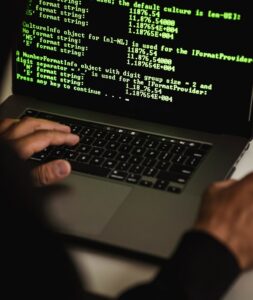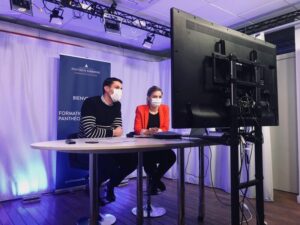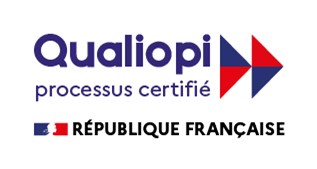Crisis simulation
training and exercises












Driven by the idea that you learn best by doing, we have made crisis simulation our signature.
Tailor-made exercises, offset exercises, mediatrainings, participative conferences… We offer you a wide range of possibilities for training and coaching your teams in crisis management and communication.
Tailor-made exercises
Crisotech develops fictitious crisis scenarios in which you play an active role in crisis management. Each scenario incorporates dozens or even hundreds of inputs at all levels (tactical, operational, strategic), making the exercises particularly dynamic and recreating real-world conditions on a variety of themes (cyber crisis, industrial accident, terrorism, natural disaster, social crisis, etc.).
We only design training modules that we would like to take ourselves. To put an end to “classroom” training, our modules place the learner at the heart of the action.
During crisis simulation exercises, each participant has the opportunity to become aware of the issues at stake:
- shared trust,
- stress management,
- or decision-making in an emergency.

We create and run different types of crisis simulation exercises:
FIELD EXERCISES
"MAJOR" EXERCISES
“RESTRICTED” EXERCISES
SIMULATED MEDIA PRESSURE EXERCISES (PMS)
STOP&GO EXERCISES
OFFSET EXERCISES
Focus on the cyber crisis exercise
Preparing for a cyber crisis is no longer an option. We offer you a 360° approach so that you can react quickly on the day the crisis occurs, without panicking and in compliance with your insurance and legal obligations.
- Running an exercise for the general management’s crisis unit, the technical units (SSI – SOC) and the communication unit
- Simulated pressure (journalists, TV shows, social networks, societal pressure)
- Forensic investigation training option
- Incident response strategy and remediation
- Hot and cold feedback

Training adapted to the experience of the participants
A unique university degree in France
Objectives of training
Target audience & access conditions
Duration & organization
- Dates: March 19, 2025 – June 6, 2025
- Format: Presential and Remote (6 modules)
- Price: €6,000 (CPF eligible)
Target audience & access conditions
Folder to send to:
📧 benoit.vraie@univ-paris1.fr
📧 jherbreteau@chapsvision.com

Mediatraining
We offer our customers training in how to speak out in the media, both in times of crisis and out of crisis. These courses can be run “cold” as part of an ongoing process, or “hot off the press” to prepare for a specific interview or respond to a real crisis.
Theoretical contributions on the workings of the media, the profession of journalist and the role of spokesperson are immediately put into practice through individual and group practical exercises.
- How do I prepare for an interview?
- Is my message getting across to the journalist?
- How can I be educational and expert at the same time?
- Are there any tips to reduce the stress level of the spokesperson?
These are just some of the questions to which we provide personalised answers in our mediatraining courses.
TV set
For training in real-life conditions, as part of crisis simulation exercises or mediatraining, our facilities, located in the 7th arrondissement of Paris, include :
- professional cameras,
- microphones,
- lighting kits,
- TV mixer,
- mixing desk
- and audio and video monitors.
It perfectly recreates the atmosphere and organisation of a real TV studio.

Contact our experts in crisis simulation training and exercises:
By submitting this questionnaire, I agree to ChapsVision CyberGov processing, collecting and using my data. See the ChapsVision CyberGov privacy policy.
Our form is not displayed? Open this page in another browser or contact us directly.

